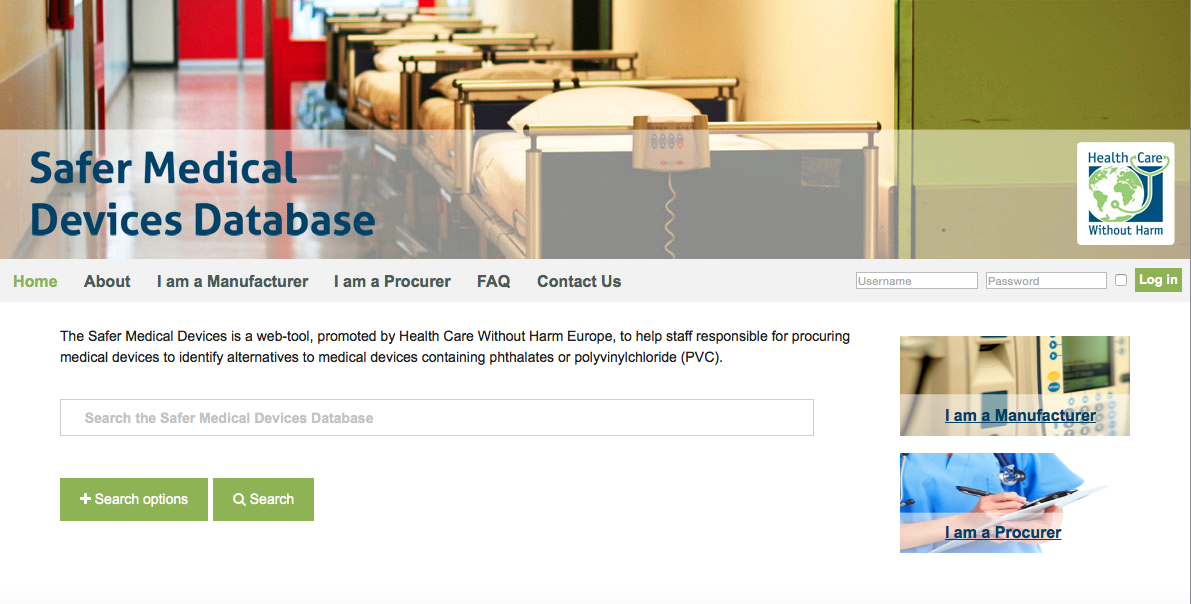HCWH Europe Welcomes the Endocrine Society's Scientific Statement on Endocrine Disrupting Chemicals
The Endocrine Society yesterday released the executive summary of their second Scientific Statement on endocrine disrupting chemicals (EDCs). The statement provides a comprehensive review of the literature available on seven topics for which there is strong evidence for endocrine disruption: obesity and diabetes, female reproduction, male reproduction, hormone-sensitive cancers in females, prostate, thyroid and neurodevelopment and neuroendocrine systems. The statement also includes information about studies of developmental exposures to EDCs.
HCWH Europe welcomes this forthcoming thorough Scientific Statement, as policy development needs to be based on sound science
In particular, HCWH Europe welcomes the Endocrine Society’s call in the statement for:
- Additional research to more directly infer cause-and-effect relationships between EDC exposure and health conditions.
- Regulation to ensure that chemicals are tested for endocrine activity, including at low doses, prior to being permitted for use.
- Calling upon “green chemists” and other industrial partners to create products that test for and eliminate potential EDCs.
- Education for the public and policymakers on ways to keep EDCs out of food, water and the air, as well as ways to protect unborn children from exposure.
The exposure of premature babies to EDCs in Neonatal Intensive Care Units (NICUs) has been the focus of several studies and researchers and healthcare professionals are especially concerned with the risks that may arise due to premature babies’ low weight and insufficient organ development, allied with the fact that they require many medical interventions.
“The statement clearly highlights the need for risk reduction measures for vulnerable patients, such as unborn and premature babies and other patient groups. We call on more immediate action by EU policy-makers to swiftly identify EDCs in medical devices and to replace them with safer alternatives in order to protect health workers, patients, and the environment.” - Anja Leetz, Executive Director, HCWH Europe
In particular, Phthalates and Bisphenol A (BPA) used in medical devices are of particular concern and we call for immediate action in terms of the identification of these EDCs in medical devices and their swift substitution. To this end, HCWH Europe has developed a Safer Medical Devices Database, a tool to help staff responsible for procuring medical devices to identify alternatives to medical devices containing phthalates or polyvinylchloride (PVC).
We have also developed a number of resources for doctors and medical professionals, such as the ‘Endocrine Disruptors in the Healthcare Sector’ information leaflet (available in 5 languages) and in 2015 we released our ‘Non-Toxic Healthcare: Alternatives to Phthalates and Bisphenol A in Medical Devices’ report.

